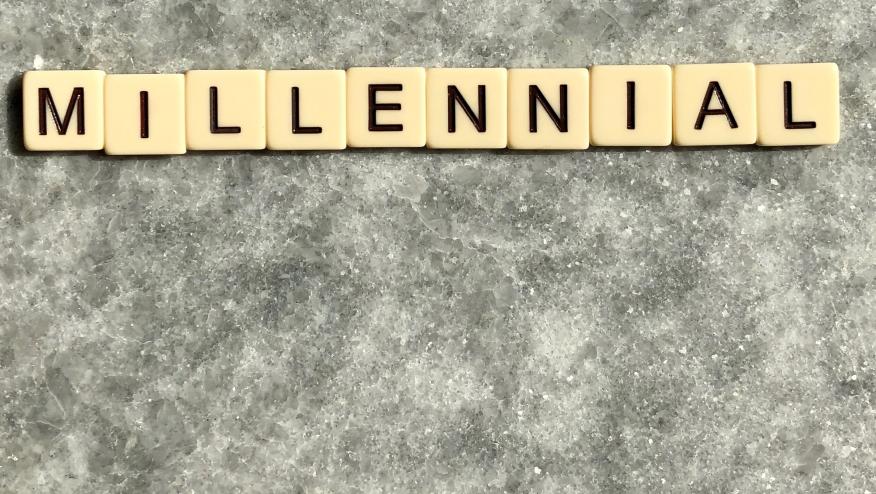Millennial Medicine and Patient Care Save

I like to categorize millennials - those born between 1981 – 1996 - as elder and younger millennials. Elder millennials, like myself, remember a time prior to cell phones and electronic charts. Younger millennials grew up in an age when personal technology was abundant. Together, this generation has created quite a stir within the medical community, both as physicians and as patients.
As generations before them, millennial patients entered the healthcare system and adulthood with varying degrees of parental guidance. Unlike their predecessors, this generation comes with the power of information availability.
While often seen as demanding, millennial patients have grown accustomed to having direct access to everything and everyone. They tend to be more involved in the clinical evaluation in the office, and are more frustrated with the varying shades of gray in diagnoses and delayed treatment efficacy.
In my practice, my millennial patients often arrive at the office having already scoured Google, WebMD, YouTube and other sources for information. This generally means I spend more time and care ensuring that accurate information has been conveyed and developing treatment plan expectations.
Millennial patients are more socially aware through Facebook, Twitter, Instagram, and other platforms. They tend to be more knowledgeable about disease states through online research and shared celebrity illness history. I’ve had a patient tell me she wanted the same treatment for her SLE as Selena Gomez. I quickly reminded her that she was not a candidate for renal transplant as her kidneys were not involved in her disease.
All this technology and connection brings a more informed and quizzical patient to the forefront, one who cares about the social aspects of disease and is interested in the quality of life perspective. The perception is that the millennial patient is a more active advocate for their own healthcare, effectively becoming clients, not patients.
Millennials grew up in an era of biologic medications, which means I’m consistently asked more about cost of medication as opposed to the side effect profile. This “pricing transparency” our patients require is the direct effect of rising deductibles and multiplying debts many millennials face. Cost prohibitive equates to decreased access for all patients. Many pharmaceutical companies have evolved to highlight improved web-based patient assistance programs that are patient driven and seemingly “immediate” in effect. Patients expect and desire treatment plan changes to be done via consumer-grade technology, unlike their older counterparts who receive most of their care face to face in the office.
Yelp and other consumer review platforms are important to the millennial patient. Interestingly, I recently learned that offering free wifi for your patients - moreso than the care you actually provide - can improve your overall ratings on WebMD. It also lessens inevitable complaints when I’m running behind in clinic.
Also, that portal that you may find tedious is the true mark of the connected future. Portals are a preferable way for your millennial patients to view results, contact you directly, and to schedule upcoming appointments.
Electronic access and ease of access means more to this generation than having a personal relationship with their physicians, according to the “State of the Connected Patient” 2015 Salesforce survey. Most of these patients are less likely to have a primary care physician (also sometimes considered cost prohibitive) and many seek referrals on their own. In addition to urgent care and ERs, telemedicine is another avenue in which these patients will seek quick and efficient care.
The millennial mindset, for most patients, tends to revolve around the use of technology for efficient and effective communication/care purposes, price transparency, personal advocacy, and ease of access to physician’s care.
Upon reflection, I argue that despite other differences between generations, aren’t these traits valuable for all patients? Let me know what you think.










If you are a health practitioner, you may Login/Register to comment.
Due to the nature of these comment forums, only health practitioners are allowed to comment at this time.